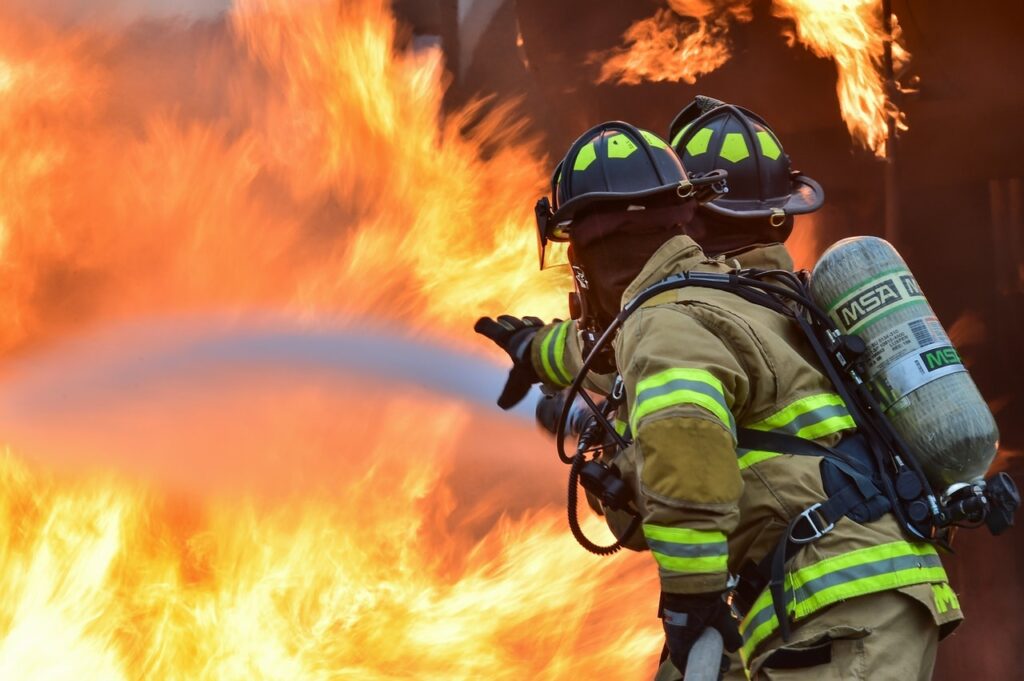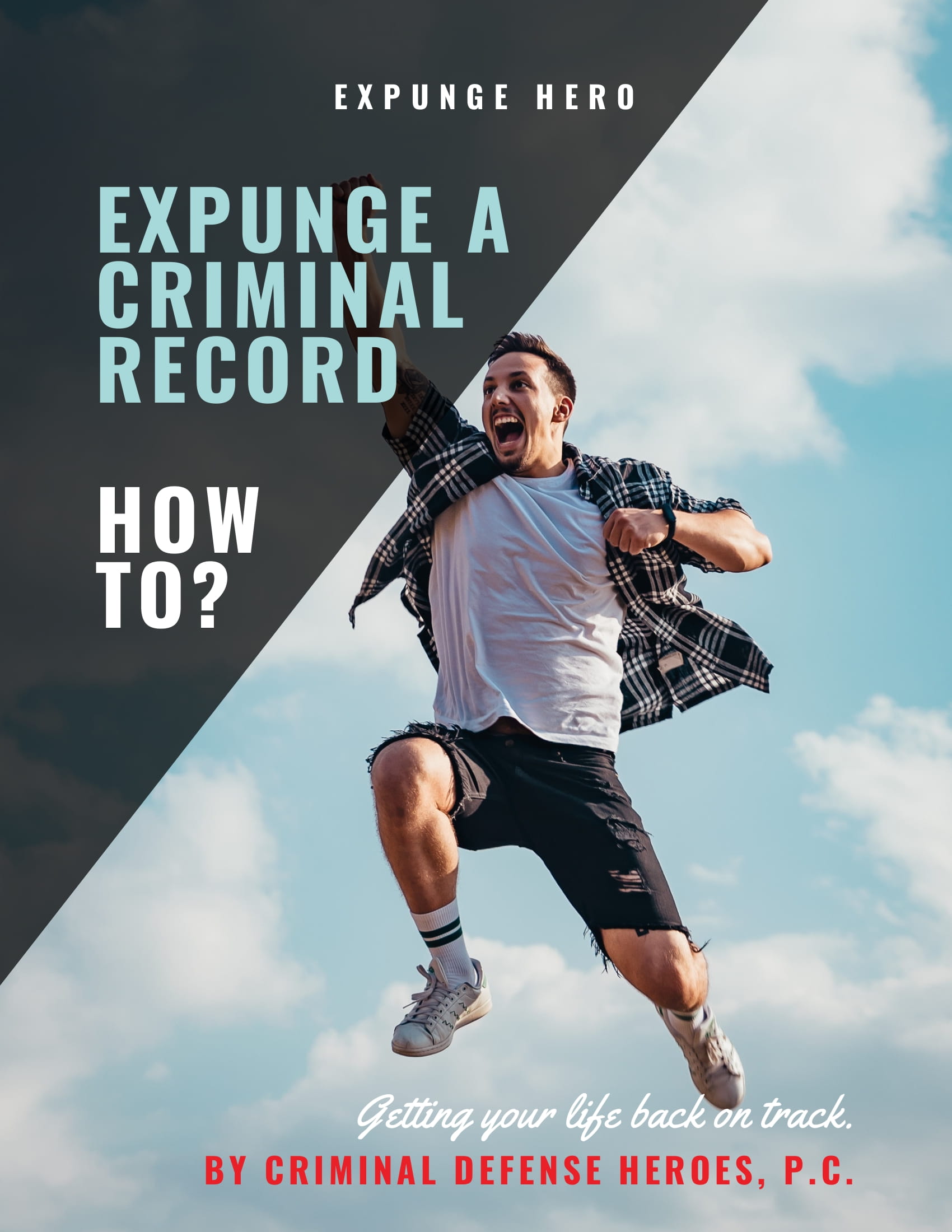
California has struggled with wildfires that have burned through millions of acres of land and taken hundreds of lives. The state has since engaged incarcerated individuals who would help suppress the fires through the fire camp program. Essentially, participants who are trained as firefighters would be granted “special consideration” for their service. Additionally, if the participants meet certain criteria, they could be eligible for an expungement under Penal Code 1203.4(b). in this article, we discuss what the law says about fire camps and the expungements
The California Department of Corrections and Rehabilitation (CDCR) Program
Many people aren’t aware of how California inmates play a crucial role in fighting fires throughout the state. Since opening its first fire camps more than three decades ago, the CDCR currently has about 3,700 inmates who work at the camps spread across California. These camps house and train qualified inmates to function as firefighters. The CDCR works in conjunction with the California Department of Forestry and Fire Protection (Cal Fire) as well as the LA Fire Department to help maintain the camps, supervise the work, and conduct classroom and field exercises.
Participation is purely voluntary, but inmates must show a combination of exemplary behavior and conformity to prison rules in order to qualify for the program. While inmates also earn $1 an hour for their fire fighting services, the main incentive is a reduction in their sentences. That is, for every day served as a firefighter, the inmate gets two days taken off their sentence. In addition, inmates who have completed their training may serve as firefighters upon release from custody.
Penal Code 1203.4(b)
AB 2147 was proposed to add Section 1203.4b to the Penal Code, which would accelerate the expungement process for felony offenders who complete the CDCR program. Specifically, Penal Code 1203.4(b) states that,
“If a defendant successfully participated in the California Conservation Camp program as an incarcerated individual hand crew member, as determined by the Secretary of the Department of Corrections and Rehabilitation, or successfully participated as a member of a county incarcerated individual hand crew, as determined by the appropriate county authority, and has been released from custody, the defendant is eligible for relief pursuant to this section….”
This means that the court has the discretion to allow this relief if the defendant files a petition in court. Existing law only permits offenders to enter a plea of not guilty after serving two years of their sentence so they can be eligible for an EMT certification and firefighting jobs. This new law would make it easier for offenders to start firefighting sooner than the two years and subsequently expediting their expungement.
Ineligible crimes under Penal Code 1203.4(b)
While this law covers a wide range of felony offenses, the California legislature excludes offenders of various convictions who are not eligible for expungement even after completing the fire camp. The crimes that disqualify eligibility includes:
- Murder
- Kidnapping
- Rape as defined in paragraph (2) or (6) of subdivision (a) of Section 261 or paragraph (1) or (4) of subdivision (a) of Section 262
- Lewd acts on a child under 14 years of age, as defined in Section 288
- Any felony punishable by death or imprisonment in the state prison for life
- Any sex offense requiring registration pursuant to Section 290
- Escape from a secure perimeter within the previous 10 years
- Arson
In addition, if prosecuted for another separate offense post the expungement, the prosecution can use the previous conviction against the defendant if any new criminal charges arise.
Will I have to disclose my conviction?
In most cases, defendants are usually not required to disclose their convictions after expungement. Labor Code 432.7 also prohibits employers from asking about or accessing expunged convictions. The goal of 1203.4(b) is to allow past offenders to receive employment as a firefighter post-conviction. Unfortunately, individuals who are applying for any teaching, peace officer, medical personnel, or public office position are usually subjected to a more in-depth background check that will most likely uncover the conviction. Moreover, state laws also require an applicant to disclose the conviction when asked directly during applications for the above jobs.
An expungement should eliminate the appearance of a conviction in background checks, but in most cases, they only serve to free the offender from the penalties and limitations of a criminal conviction. At the end of the day, you have a better chance of getting opportunities with an expunged record than without. This is why it is imperative to have a proactive defense attorney with a specific set of qualities to help you through your expungement.
Don has over a decade of experience helping past offenders get a fresh start in life. At Expunge Hero, we believe that no one should suffer for their past mistakes forever. If you or someone you know has actively participated in California’s fire camps, the time to get that expungement is now. The expungement process may be tiresome and complicated, but with the guidance of Attorney Don Hammond and his team, a new life free from a bad rap sheet is possible. Contact us now at (323)529-3660 to schedule your first appointment.







